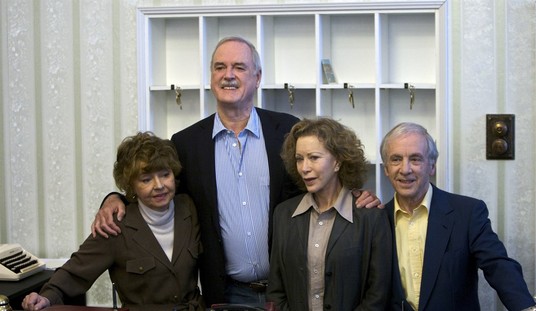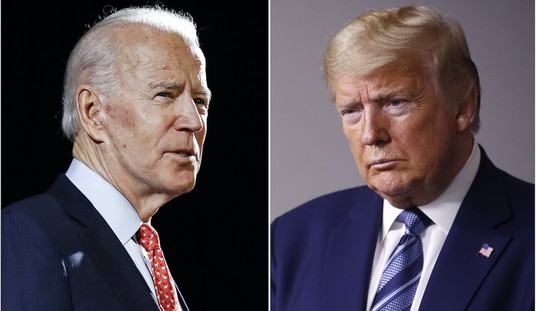As the group of women coming forward with claims of sexual harassment against New York Governor Andrew Cuomo continues to grow, his thoughts are probably turning to what might happen if the matter winds up in front of a judge. In that regard, Cuomo might be having some regrets about his previous efforts to support all of the woke warriors in the #MeToo movement. There was a time when New York’s laws made it difficult for anyone to bring a claim of sexual harassment unless the actions of the senior offender were fairly blatant and the victim had jumped through a number of legal hoops along the way. But back in 2019, the Governor signed a bill into law that significantly lowered the bar for such claims. Judged under the guidelines established under those new rules, the claims being made by Cuomo’s accusers actually look like they might have legs. The Free Beacon explains some of the details today.
Before he was accused of sexual harassment, New York governor Andrew Cuomo (D.) signed a bill that dramatically lowered the bar for proving harassment claims—a bar his accusers would almost certainly clear.
The bill, signed into law in 2019, says harassment need not be “severe or pervasive” to be considered unlawful; any action that rises above “petty slights and trivial inconveniences” can qualify. If a male supervisor makes a female employee uncomfortable by asking her out to lunch, one New York employment lawyer told the Washington Free Beacon, “that could be the basis for a claim.”
Cuomo is the latest liberal to fall prey to liberalism’s evolving standards of sexual misconduct. As more women have come forward in the face of the MeToo movement, more men have found themselves on the hook for behavior once deemed unobjectionable.
Setting the standard for actionable offenses at a level of anything that rises above “petty slights and trivial inconveniences” is an almost floor-level bar to clear. The wording isn’t very specific, but the tone leaves a lot of interpretation for investigators (and jurors) to maneuver around. The descriptions offered by Lindsey Boylan and Charlotte Bennett involve some very confrontational encounters, with Boylan noting that she had been invited to play strip poker. Cuomo’s alleged references to Bill Clinton and Monica Lewinski when speaking to Bennett certainly seem to suggest a particular type of sexual encounter we don’t need to graphically describe here.
Another big change following the 2019 law Cuomo signed may have opened a door for his accusers that would have previously remained closed. Under the old rules (and current federal law) an employer couldn’t be held accountable if the accuser didn’t first file a formal complaint about the harassment. Neither of these two women ever filed such a complaint. But thanks to Cuomo’s generosity to victims in these cases, that requirement no longer exists.
On top of that, the old state law carried a requirement for the accuser to identify a person who was “treated more favorably” than she was. That requirement was also removed, though it’s unknown if either Bennett or Boylan has identified any such individuals.
Here’s a golden quote from Cuomo when he signed the new bill into law:
“This critical measure finally ends the absurd legal standard for victims to prove sexual harassment in the workplace and makes it easier for those who have been subjected to this disgusting behavior to bring claims forward.”
I’m getting the feeling that Cuomo may be pining for the days of those “absurd legal standards” right about now. Regrets? He’s had a few.








Join the conversation as a VIP Member